Whether working in film, television, or digital media, visual storytelling requires a vision.
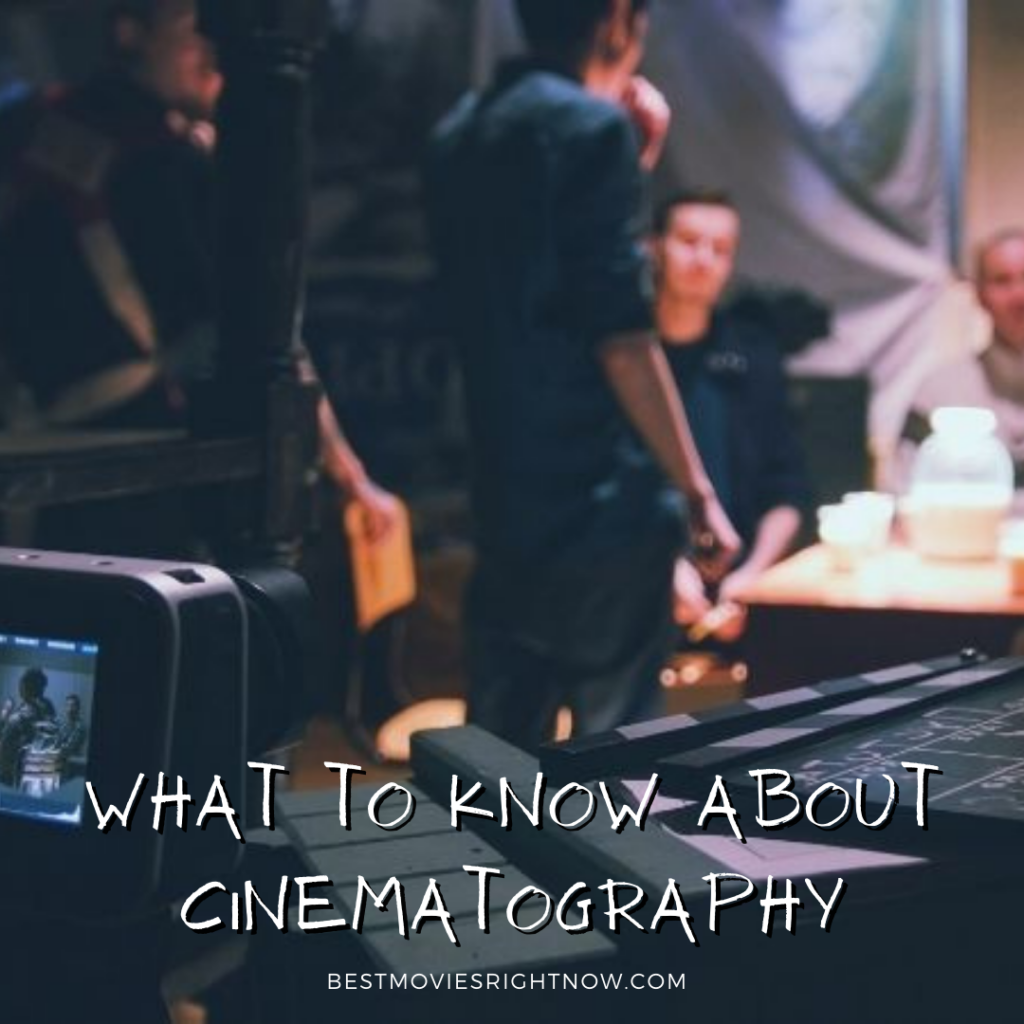
The camera must capture the actors and the scenery, but also the right lighting, angles, and effects that tell the story just as much as the people on screen. For creative spirits who want to play a large part behind the scenes, signing on as a project’s cinematographer, or director of photography, can be an exciting and rewarding pursuit.
While you may already have a grasp on the fundamentals of cinematography, you can go deeper into what to know about cinematography by reading ahead.
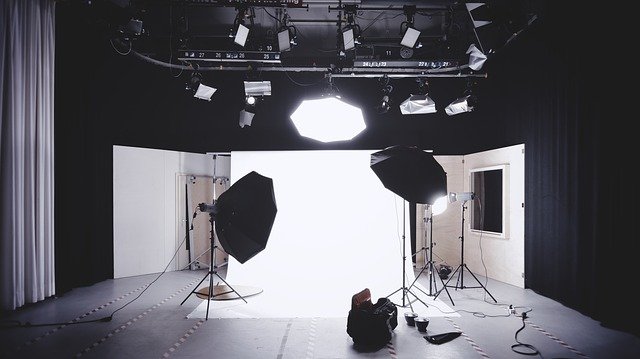
Light Temperature Matters
This isn’t a matter of the actual temperature of the studio lights you’re using—though, hopefully, you won’t have to labor under incandescent lights. One of the most important measurements a cinematographer makes pertains to the temperature of the lighting, measured in Kelvin. The closer to zero a light’s temperature value, the warmer it will appear.
A 2000K light is equivalent to candlelight, while the cool white light of a 7500K bulb can approximate the light of the sun. This is unlike the temperature we take of ourselves, so familiarize yourself with this new scale.
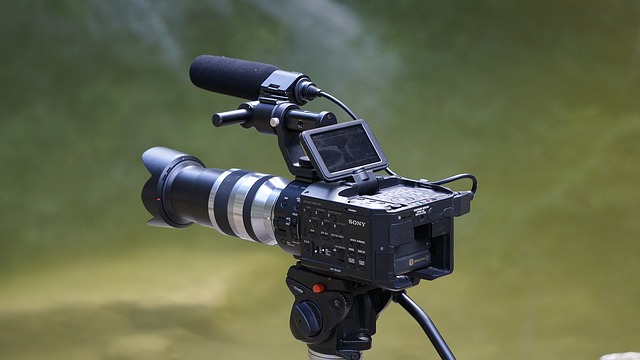
You Need the Tools of the Trade
While the role of cinematographer in a film production is a prestigious one, it’s more than a cushy consulting role. As the director of photography, you are, in a real sense, a photographer, and that means you’ll be moving around, adjusting lights, looking for angles, switching out lenses, and generally staying busy. While cinematography requires a keen eye, it also requires many specialized tools that no DP can do without, from your trusty camera to precise light meters.

Prepare for Lifelong Learning
Cinematography is a bit like chess. You can pick up the basics in a matter of minutes, but true mastery is a lifelong pursuit. A truly comprehensive book of what to know about cinematography would have no epilogue or back cover.
As technology changes and practices evolve, you’ll have to evolve with them. The best thing you can do is redouble your commitment to learning more about your craft and synthesizing your study with real photography work in the field—there’s no substitute for that.
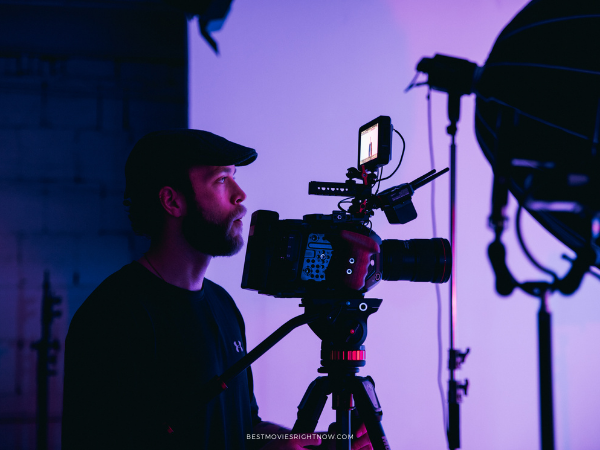
People Also Ask:
What skills do you need to be a cinematographer?
- An eye for detail and a mind for fast invention.
- Thorough understanding of lighting techniques, light color, shade, and manipulation.
- Strong technical knowledge of cameras and the film production process.
- Strong communication skills.
- Strong team management skills.
- Excellent listening ability.
What makes good cinematography?
Good cinematography uses camera angles/movement/composition lighting and color to aid the story rather than draw attention to itself. While the viewer is immersed in the tale, it subtly imparts meaning, tone, and emotion.
Do cinematographers edit?
Related Posts:
- The Top Film Cinematographers You Should Know
- The 3 Most Iconic Cinematic Traffic Jams
- Best Tips for Creating an Animated Short Film
- How To Improve Your TV’s Display Settings for Movies
- Most Common Types of Special Effects Used in Movies
- 4 Great Films That Have Memorable Dinners
- The Most Recognizable Jeeps From TV and Film History
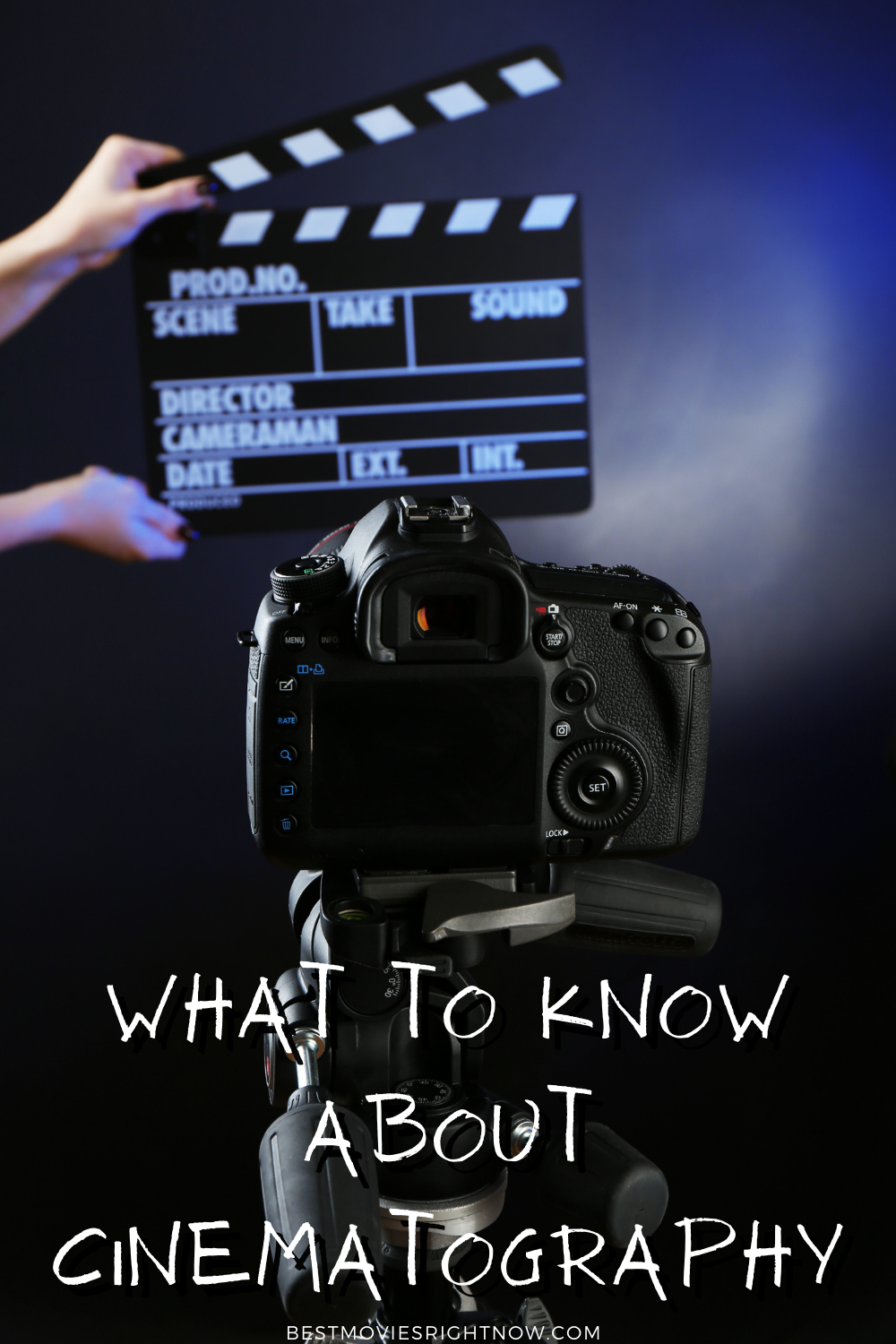
- What To Bring to Set as a Production Assistant - April 2, 2024
- Top 5 Iconic Jewelry Moments in Film History - March 22, 2024
- Unique and Classy Ways To Have a Disney-Themed Wedding - March 11, 2024
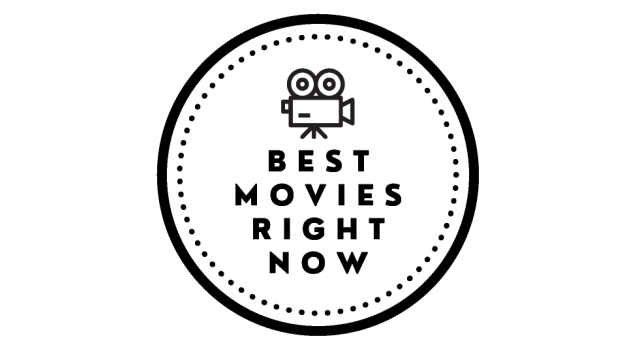
Most Common Types of Special Effects Used in Movies
Tuesday 12th of October 2021
[…] >> What To Know About Cinematography […]
The Top Film Cinematographers You Should Know - Best Movies Right Now
Thursday 27th of May 2021
[…] Related: What To Know About Cinematography […]